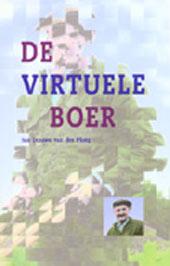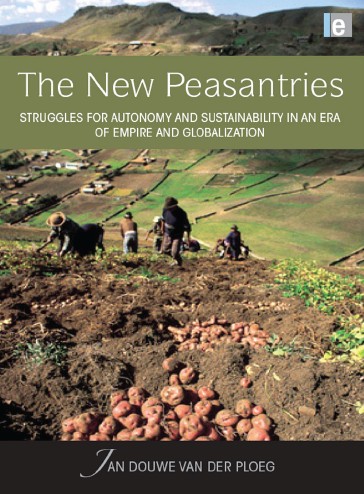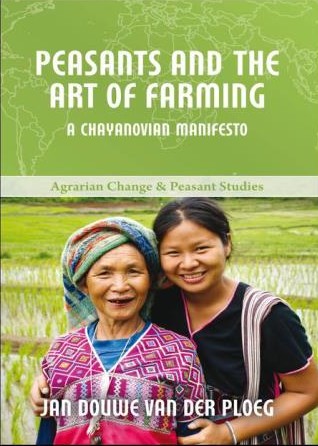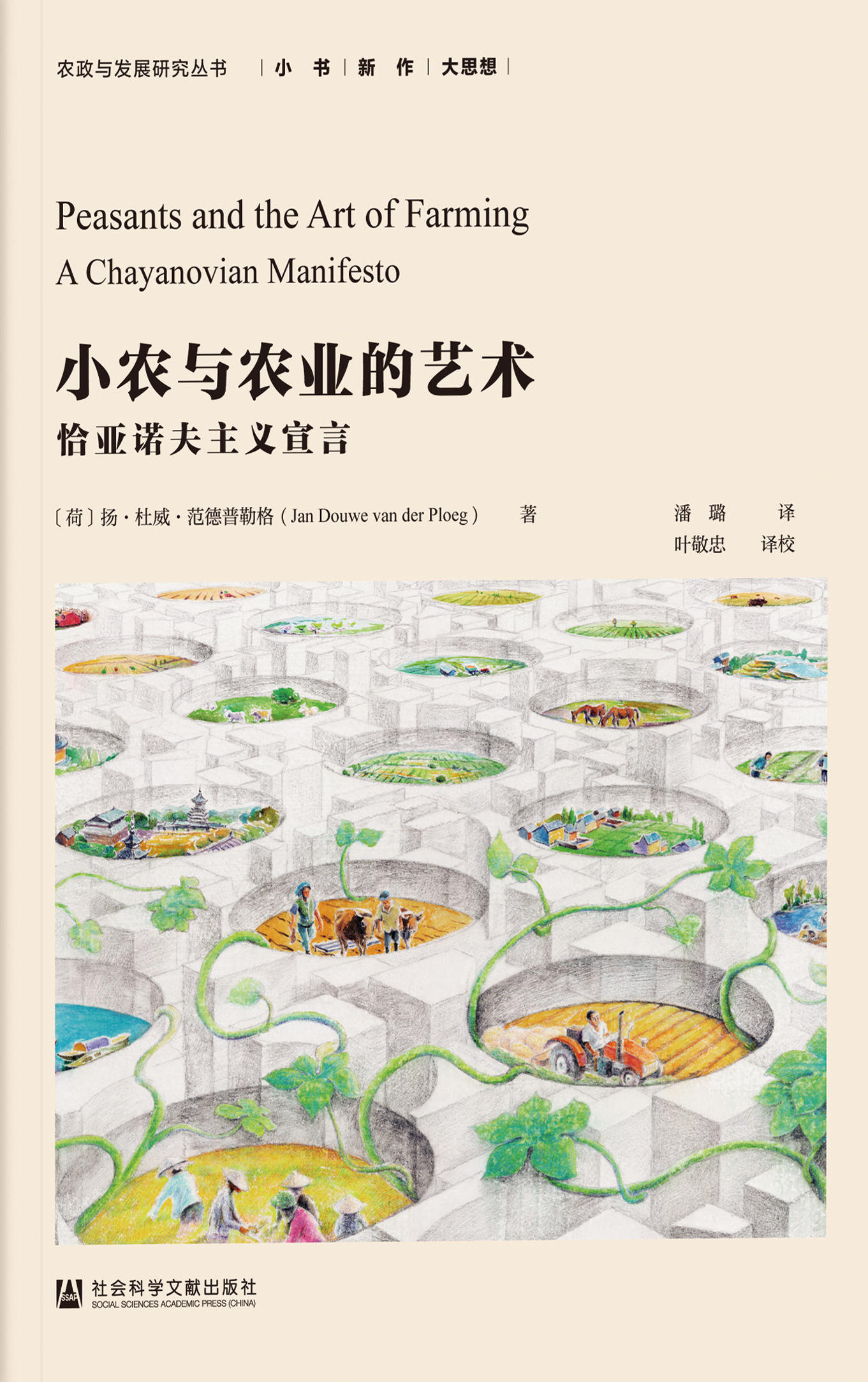Home · RESEARCHPROGRAM · regional development
TOWARDS A NEW THEORETICAL FRAMEWORK
Towards a new theoretical framework for understanding regional rural development (chapter 1 from ‘Unfolding Webs: The dynamics of regional rural development’ (van Gorcum, Assen, 2008)Jan Douwe van der Ploeg, Rudolf van Broekhuizen, Gianluca Brunori, Roberta Sonnino, Karlheinz Knickel, Talis Tisenkopfs & Henk Oostindie
In the year 2000 a multidisciplinary team of social scientists from several European countries argued, in a joint article published in Sociologia Ruralis (2000), that rural development basically was practice without theory (Ploeg et al, 2000) . Since then, rural development processes in Europe have gained considerable momentum and resulted in a dazzling array of new practices characterized by new dynamics and unanticipated impacts. Nevertheless, in 2006 the OECD again referred to the need for “a new research agenda in rural development” (2006: 19), implying that the nature, dynamics and heterogeneity of rural development processes, as they unfold in practice, were inadequately expressed in new theoretical frameworks. At the same time, rural development policies have continued to develop at supra-national, national, regional and local levels and, in the social sciences there have been some major shifts (away from earlier and, in retrospect, too limited and inflexible, models) that allow for a better understanding of a rapidly changing world.
At the crossroads of changing practices, policies and theories it is now possible, we believe, to make a substantive step forward. What we aim for, in this collection of papers, is to tie together the many recent and significant achievements in practice, theory and policy in order to outline a comprehensive theory on rural development. The attempt to construct such a theory also corresponds to a call, formulated by the European Commission in its 6th Framework Programme, for an “analysis of conceptual aspects of sustainable and integrated rural development” (EC, 2005:32). Departing from the observation that “a living countryside is essential for farming, as agricultural activity is essential for a living countryside”, this call signals that “rural development policy is […] no longer based on agriculture alone. Increased diversification, innovation and value added of products and services, both within and beyond the agricultural sector, are indispensable in order to promote integrated and sustainable rural development” (ibid). The FP6 document also observes that “rural development policy has been […] reinforced by CAP reform [which is] characterized by new measures designed to promote a living countryside, to preserve its diversity and to ensure restructuring and the improved competitiveness of the farming sector”. It therefore proposes that “a key theme for research, strengthened by this widening of the rural policy area, is the mutual interactions that take place between agriculture, the environment and other aspects, social and economic, of the wider rural development processes”(ibid; italics added). In short, the 6th Framework Programme calls for a reconceptualization of the role of agriculture within the framework of wider rural development processes. This reconceptualization must account for, and simultaneously reflect, the large heterogeneity of Europe’s rural regions, thus allowing for adequate inputs into the processes of policy formulation and implementation. At the same time, it must go beyond former sectoral approaches: it is to be “interdisciplinary and holistic” (ibid).
Central to the approach that is to be introduced in this volume are the closely interconnected notions of (1) rural development, (2) the ‘web’ that underlies and shapes rural development processes and (3) the diversity of rural regions. Rural regions differ in terms of their ‘webs’; in turn, the specificity of the web helps to explain the particularity of a rural region and its development trajectory. The ‘web’ that we refer to is the pattern of interrelations, interactions, exchanges and mutual externalities within rural societies. This pattern embodies and describes “the mutual interactions” that take place between agriculture, the socio-economic context in which it is embedded and the rural development process(es) within which it is a constituting element. In short: the web interlinks activities, processes, people and resources and, simultaneously, it shapes the ways in which they unfold. A central hypothesis underlying this text is that the development of such a web, contributes to the performance of regional rural economies. We hypothesize that the presence of a smoothly functioning and comprehensive web explains the performance of a regional economy, its comparative advantages, its competitiveness, innovativeness and sustainability, as well as the quality of life that it offers to its people. Important features of such webs are their density, multi-dimensionality, impacts and dynamics.
Download the whole article in pdf: click here
Or
go to this website: ETUDE
NEW
Jan Douwe van der Ploeg
Formerly Professor and Chair of Rural Sociology and Emeritus professor of Transition Studies at Wageningen University (WUR), the Netherlands and Adjunct Professor of Rural Sociology at the College of Humanities and Development Studies (COHD) of China Agricultural University (CAU) in Beijing, China.
e-mail: clic here
Jan Douwe van der Ploeg
Formerly Professor and Chair of Rural Sociology and Emeritus professor of Transition Studies at Wageningen University (WUR), the Netherlands and Adjunct Professor of Rural Sociology at the College of Humanities and Development Studies (COHD) of China Agricultural University (CAU) in Beijing, China.
e-mail: clic here





